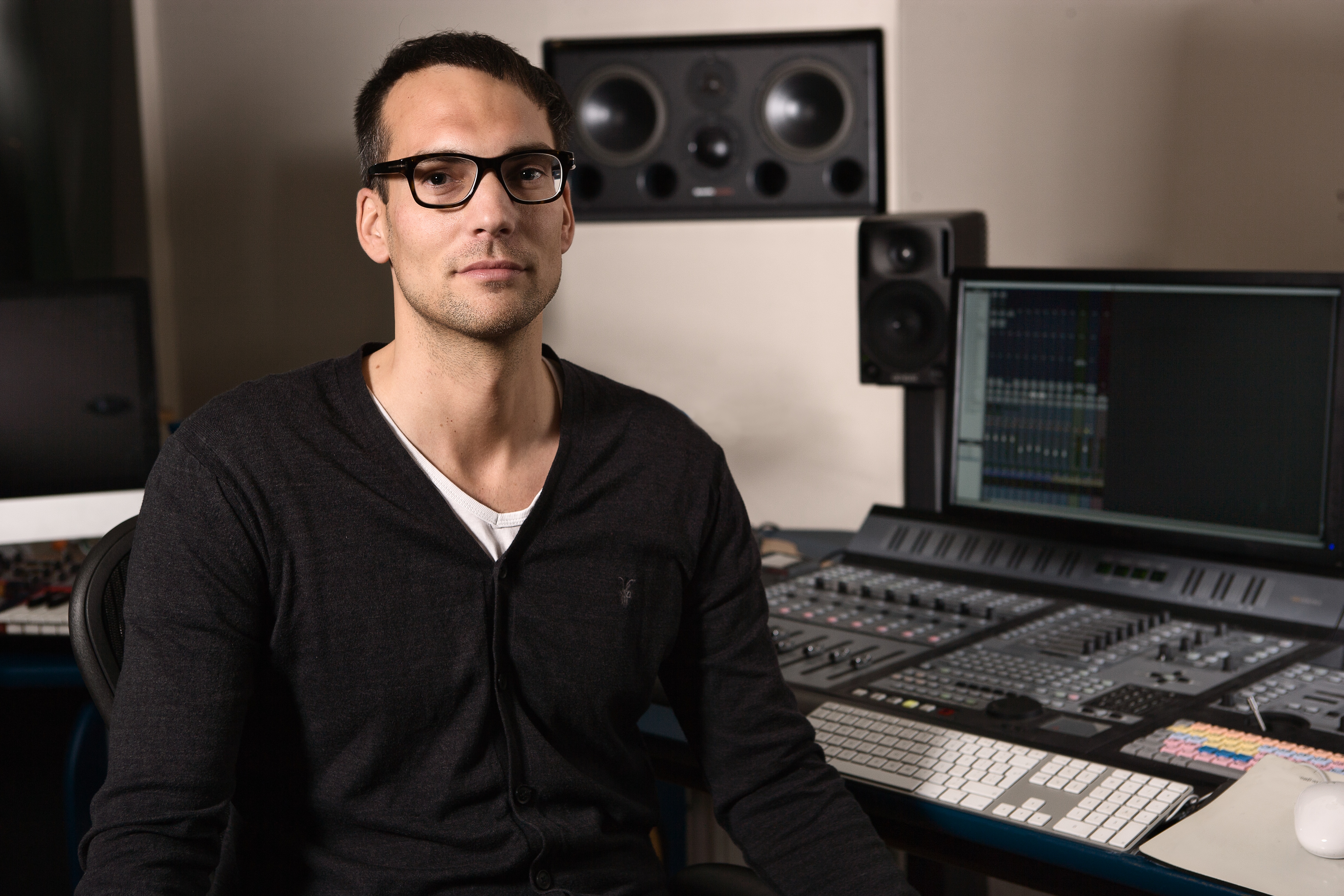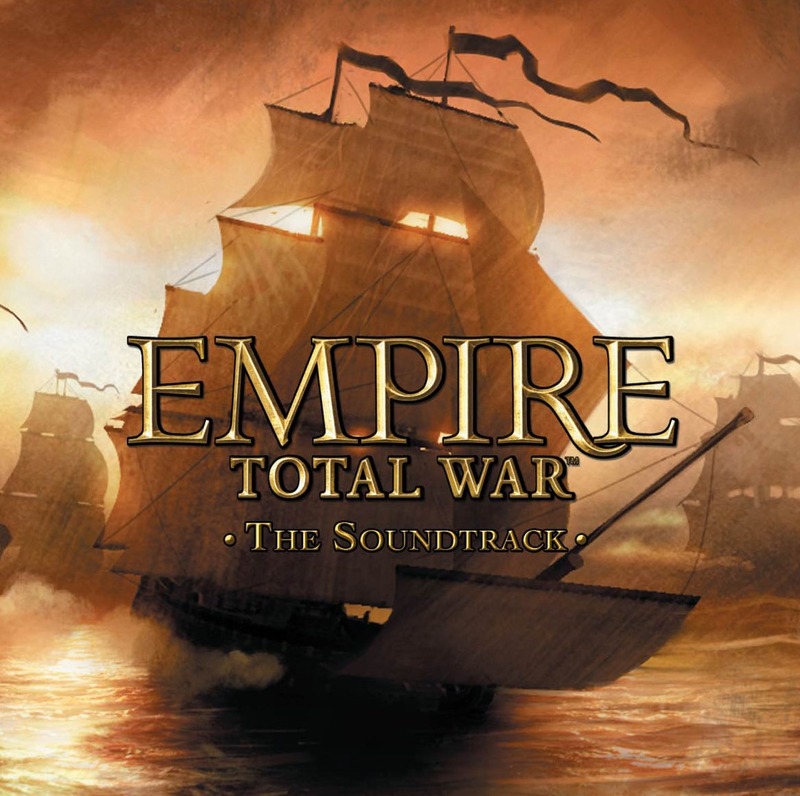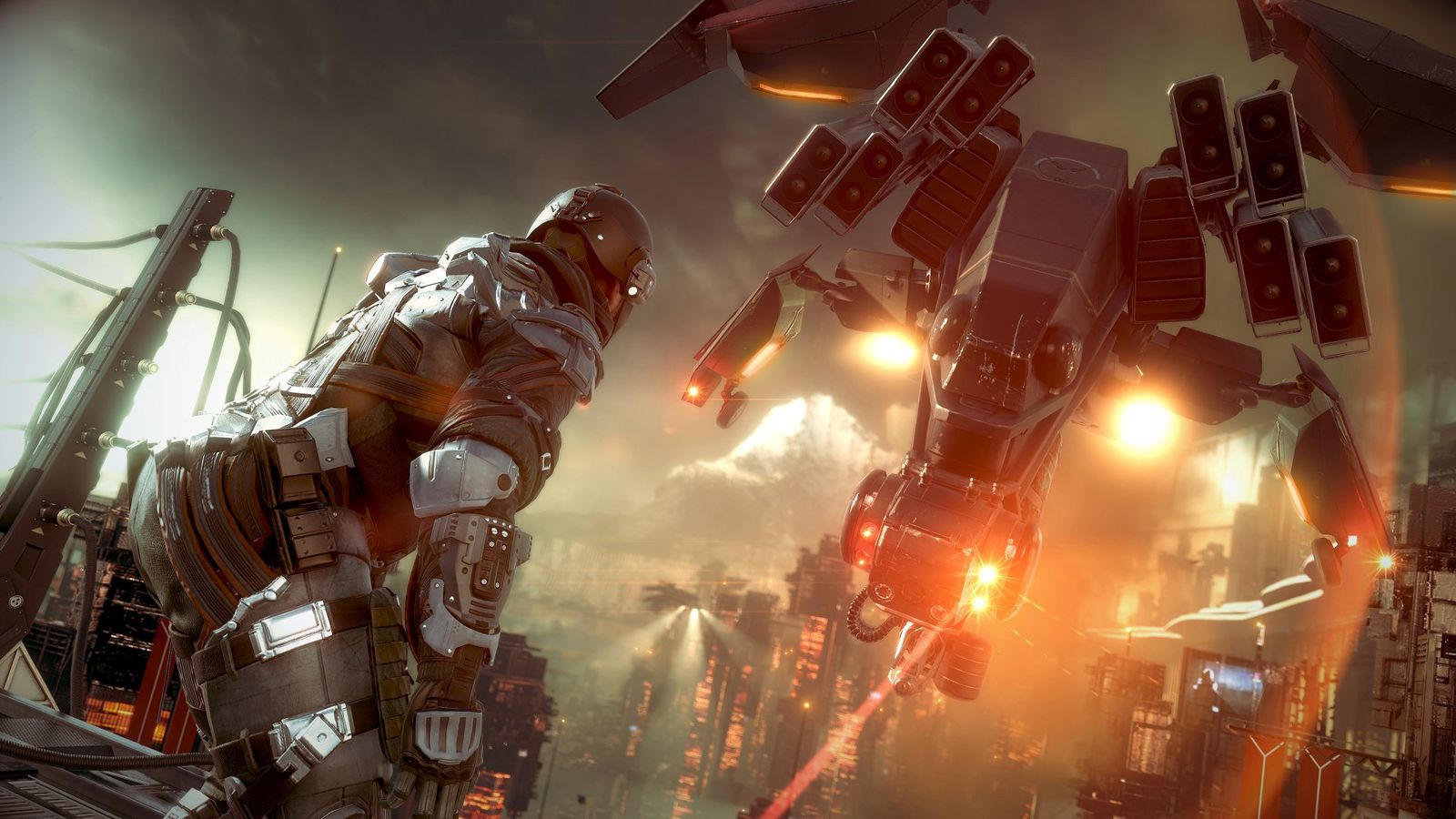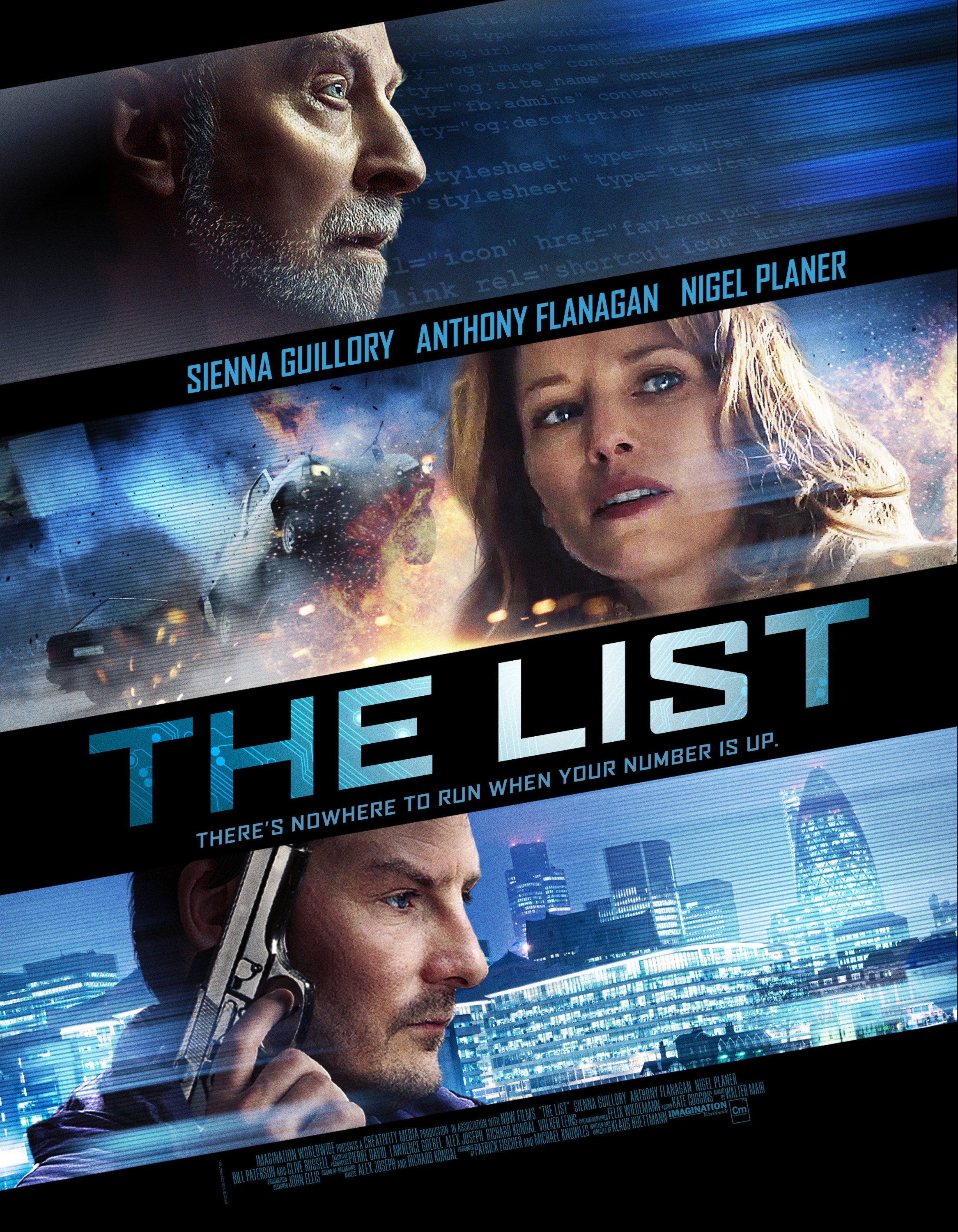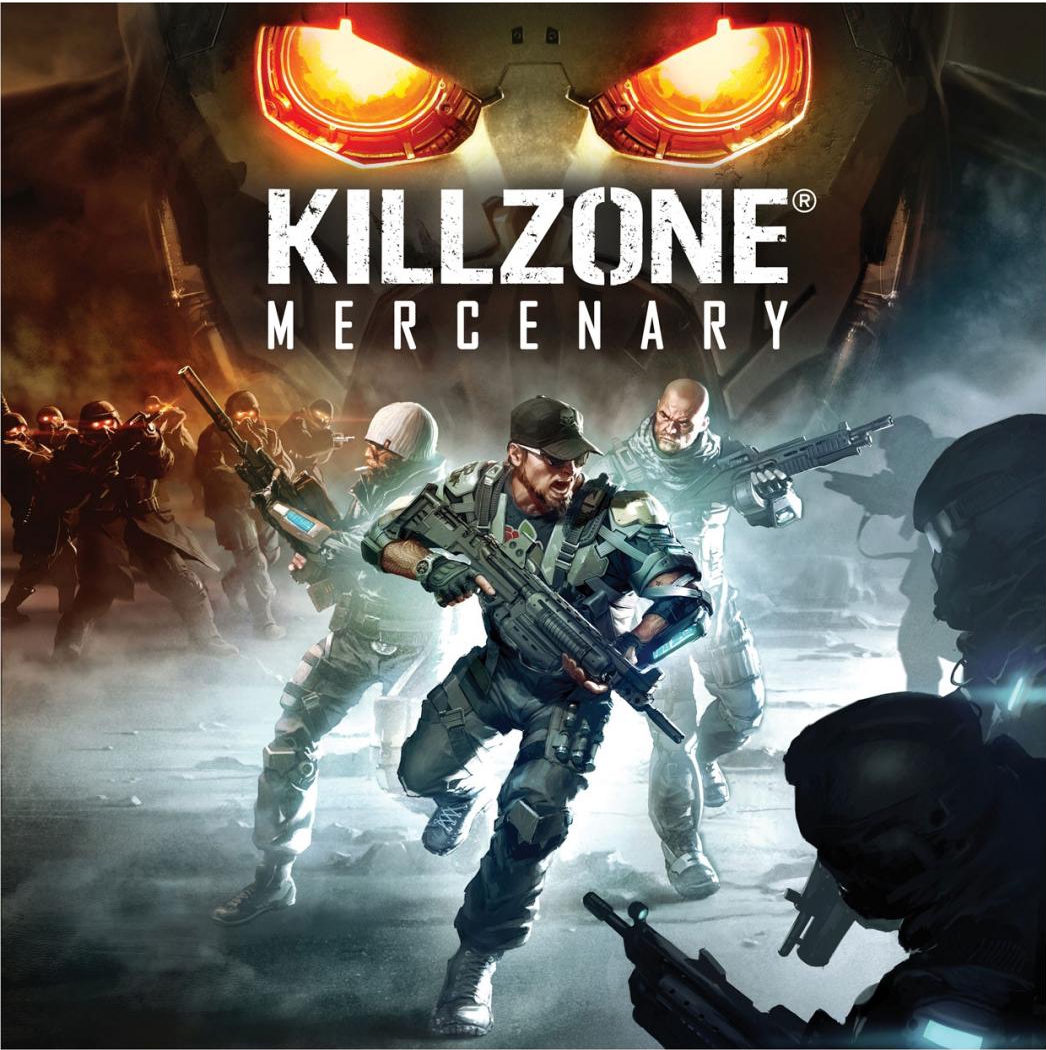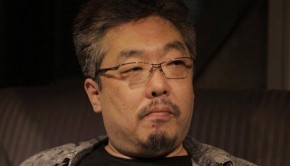Walter Mair Interview: Balancing Film and Game Projects
Classically trained in Vienna, Walter Mair is one of the rising composers in the film and video games industries. Over the past five years alone, he has worked on prominent game franchises such as Killzone, Total War, Need For Speed, and Grand Theft Auto, between collaborating with prominent directors on numerous titles such as The List, The Road Home, and Ryan Gosling’s Lost River.
In this interview, Mair talks us through his journey from working on critically-savaged horror movies to scoring major video games and films. He focuses especially on his music for the recently released shooter Killzone: Mercenary and how he contrasted the ISA and Helghast using experimental hybrid approaches. He also gives some general insight into scoring projects and how best to break into the industry.
Interview Credits
Interview Subject: Walter Mair
Interviewer: Harris Iqbal, Chris Greening
Editor: Chris Greening
Coordination: Greg O’Connor-Read
Interview Content
Harris: To start off, could you tell us about your musical background. How did you get into writing music for movies and games?
Walter Mair: I have always been into electronic music. After learning to play the piano, I decided to broaden my palette of instruments and techniques by studying music composition in Vienna and later in Salzburg.
I then joined a music and film production studio in Frankfurt, where I got the chance to write music for my first movie Alone In The Dark, an adaptation of a very successful video game. I worked with the director, post supervisor and met the actors at the ADR session: Christian Slater, Tara Reid and Stephen Dorff. Working with a full-sized orchestra was a great experience to have early on in my career and I still remember them playing my first cue, which was a breathtaking moment; hearing your very own music performed by 85 players with the director and producers being thrilled with the soundtrack.
In the same year one of the music supervisors I worked with asked me to license some of my tracks for a video game franchise, which turned out to be none other than the Grand Theft Auto series. In 2007, I decided to move to London and set up my own company in Soho. I was first working on commercials and movies before I started to write original music for a video game, Viking: Battle for Asgard.
Harris: You have been credited for several Grand Theft Auto titles, namely San Andreas, Grand Theft Auto IV, and the PSP spinoffs. Could you elaborate more on what tracks of yours are featured on these titles?
Walter Mair: These were straight licensing deals. At that time I was working on two jobs for MTV and Bloomberg TV. Both networks asked me to re-brand their on-air design which included show openers as well as news and other programs. The music and sound designs I created for MTV were very experimental and twisted in sound. When one of the producers of the GTA licensing department heard the music, he asked me to produce more for the in-game radio programs in GTA , followed by in-game cut scenes, trailers and other parts of the game.
Harris: You first came to the attention of gamers with your soundtracks for Viking: Battle for Asgard and Empire: Total War. What was it like to be involved in such successful projects?
Walter Mair: I sent an email/DVD to the head of audio at SEGA who invited me to his studio. After a few meetings I was offered the opportunity to write music for SEGA’s upcoming AAA title Viking: Battle for Asgard. The soundtrack was recorded in Prague featuring an 80-piece orchestra and a 40-piece choir. All cues that required choir were recorded twice, resulting in an absolutely epic sound of 80 people singing at the same time.
After a great start with my first original score for SEGA, I was asked to write the original soundtrack for Empire: Total War. This game was hugely successful and won numerous awards including a BAFTA and I was nominated for an Ivor Novello Award in 2010 for “Best Original Music”.
It is always great to work with amazing developers who share the same vision for a project and to be honoured for your work shows that not only was the music well-received but also that the entire team were pushing in the same direction to get music and sound to its fullest potential.
Harris: One of your latest projects is Killzone: Mercenary. How familiar were you with the Killzone franchise and Joris de Man’s work before beginning your work on the title?
Walter Mair: I played both Killzone 2 and 3 and was a big fan of the franchise. I very much like Joris’ music for the franchise.
Harris: When were you approached to write music for Mercenary, and what did you think of the opportunity?
Walter Mair: I was approached quite early on when no visual footage was available. All we had were scripts and some artwork. For me, this was the ideal scenario to start with because you are then an essential part of the project and can contribute to define the overall sound of the game. With Killzone: Mercenary being based on an extremely successful franchise, the pressure was on to deliver a soundtrack the game deserved.
Harris: What were you hoping to achieve in terms of the overall style and feel of the score? More importantly, what did you want to convey through your music?
Walter Mair: The soundtrack had to span the narrative arc from ISA to Helghast and support both storylines. We had meetings discussing the overall story and how and when the player would swap sides, but it was up to me to decide how to sonically brand each side. I was given this great opportunity to define a sound world for the ISA as well as the Helghast. The music had to reflect both parties but also stay in line with the overall sound for Killzone. The game’s director and producers gave me the creative space to re-define the music but still be true to the heritage of the series.
Fighting for both sides, the ISA and later on the Helghast brought another level of detail to the soundtrack as it required the music to create a distinct sound for each campaign. It was necessary to choose specific sounds and instruments that represent the core mood and temper of the ISA and the Helghast.
Harris: Could you elaborate on how you contrasted the ISA and Helghast?
Walter Mair: The music for the ISA features a palette of analog and digital synths (Moog, Access Virus, etc.) as well as electronic drums accompanied by an orchestra. The music for the Helghast campaign had to feature a sonic twist and reflect their more ominous and darker mood.
I recorded an array of instruments that were then processed with analog/digital effects. I also explored the territory of extended playing techniques, encouraging the session players to use their instruments in more unique ways like playing the cello with the wooden side of the bow. All these techniques were not limited to just string instruments but were also applied to a wide selection of percussive instruments e.g. cymbals, glockenspiel, etc. We also recorded a vast selection of man-sized percussion instruments including modified bass drums, snare drums that were filled with shrapnel and other metal pieces – adding distortion etc. Once recorded, many of these sounds were heavily processed with a range of analog and digital outboard equipment.
Harris: Without a doubt, my favorite track is “War is Our Business.” It starts off on a very bright pace, with hopeful string melodies, heroic brass and uplifting vocals that seem to highlight the good nature of the games world, while the latter half starts reflecting more on its menacing side. Would you call it the games main theme? How long did it take you to come up with it?
Walter Mair: That is absolutely true. What I would call the main theme reflects the arc of the story. We are at war, but there is hope, our hero swaps sides and joins the ‘dark’ side. On top of the overall story we can’t forget that a mercenary fights on whatever side pays more money.
This theme was written towards the end of the production. Throughout the entire process, I had great support from Sony and Guerrilla so that they never pushed me to come up with a main theme before I had mapped out the musical route for both campaigns. Once I had a clear idea of how the ISA and Helghast sounded, it was then much easier and almost second nature to write the main theme for Killzone: Mercenary.
Harris: How were the developers in terms of feedback to your music? Did they know exactly what they want, or did they leave it up to you to create a soundtrack?
Walter Mair: The developers were amazing and their support and understanding for music was extraordinary. We had meetings at Sony and Guerrilla to help understand the new storyline and where Killzone: Mercenary differs from the previous titles. We also discussed how we could alter the music in order to give the franchise a new boost.
When it came to writing the actual music I had a lot of creative space. I started safe and then moved more and more away from the expected. This is when I did tons of sound experiments and at one point we even built a customized cello where we screwed metal objects onto the corpus of the instrument which created amazing overtone-heavy resonances when played with a bow.
Harris: Was there any inspirations while writing the score to Mercenary?
Walter Mair: The main inspiration and motivation came from the brief itself. Also, to introduce another layer to the soundtrack that is new to the franchise whilst keeping the sound Killzone-esque, was both inspiring and motivating alike.
Something that I find very rewarding and motivating is to watch movies in the cinema. First of all, the sound is being played back on higher volumes, the surround channels enable you to listen to all those details in sound and music. When you return to the studio after having watched a big sci-fi movie, your head is in the exact right mind space to continue work on a project like Killzone: Mercenary. For me, it is next to impossible not to write an epic cue or a beat-driven action cue in this mindset.
Harris: Our readers might not realize that you are an award winner and were even nominated for The Ivors for Empire: Total War. So tell us, how it feels when your music gets nominated, and even wins an award?
Walter Mair: Working in music for movies and games can be challenging at times. We deal with very tight deadlines, which require the composer to work seven days a week, especially with the deadline moving closer and the requirements for the project expanding e.g. the producer/director might want an additional cue here and there. It is really great when the hard work pays off and you get nominated for an award; it’s an honor, especially for an award as prestigious as the Ivors. I remember chatting to other nominees including Lily Allen, Bat for Lashes and Dizzee Rascal. Talking to them made me realize how great it is to be working in this industry and how one lucky break has the ability to determine the career of a single artist/composer.
Harris: On that note, can you elaborate a little more on how you deal with time and budget management?
Walter Mair: Time is always of the essence and hardly any composer would consider a piece 100% completed by the time the deadline arrives. But at the same time it is good to have a definitive deadline. You do the best you can do. Closer towards the final submission date you work insane hours, day and night until you hit the final day. There is no room for changes or additional mixes after that point. This might sound very stressful, and it is, but in a way a deadline can also be a creative trigger. I guess we have all seen this miracle from time to time: when pushed for time, one is able to write more and better music per day than ever.
Harris: Talking about your film works, I’m sure a lot of our readers are wondering what it was like to work with the (in)famous Uwe Boll on House of the Dead and Alone in the Dark during your initial years in the industry? What did you think of him as a director?
Walter Mair: Uwe was great fun to work with. I joined the music team on House of the Dead and, by the time he started on Alone in the Dark, I was a full member of the composing team behind his movies. He is very passionate and manages to get well-known actors from Hollywood to star in his film, for example Ben Kingsley, Kristanna Loken, Michelle Rodriguez, and Ron Perlman. I wouldn’t want to miss all the fun I had working on these projects.
Harris: Since then, you have worked on many more acclaimed films. Could you elaborate on any of your favourites?
Walter Mair: One of my favourite projects is The Road Home, a film set in the picturesque landscape of the Himalayas. The score featured synths/electronics, a string quartet and a piano. The Road Home won several awards including top honors at the Palm Springs International Film Festival and was short listed for the Oscars (Academy Awards).
Harris: In the last year, you have also worked on some other major titles, including Klaus Hüttmann’s The List, Ryan Gosling’s Lost River, and Tom Stevens’ Victrix. Could you share your experiences on these titles?
Walter Mair: Each of these films is set in a different time, landscape and genre which required the soundtrack to have its own sound and musical language. The List is a beautifully shot thriller about a serial killer who hunts down bosses of multinational companies. The film has a lot of tense moments that build up to the envitable show-down but has also lenghty and emotional scenes where the killer’s mom dies and we almost sympathise and feel sorry for him. From a musical point of view, such divergence in a soundtrack can be challenging, but I think it just makes me want to go deeper into the character’s psyche to bring out each layer of emotion and provide it with a musical colour from the obscure and dark to the beautiful and bright.
Victrix is currently in production and will see an entirely different score. Set against the backdrop of the epic landscape of Rome’s empire in Britain, the music will be big and bold with more defined melodies and subtle soundscapes on celtic instruments that build up towards the ultimate battle tracks.
Johnny Jewel is the main composer of Lost River. He is an amazing producer and composer whose music shined on the previous Gosling movie Drive. The film hasn’t been released yet but premiered in Cannes earlier this year. We had a great time there and it seems that we are seeing a change in creative direction even on bigger budget movies where more and more filmmakers give composers freedom to come up with genuinely new sound ideas.
Harris: Since you have worked for both video game and movie music, which medium do you personally prefer, and which one do you think allows for more creative freedom?
Walter Mair: I think it was around the time I worked on Empire: Total War and The Road Home that I started being recognized as a hybrid composer, working in both movies and games. In the end, both media offer challenges and are equally satisfying when the music works in a film or game and people enjoy listening to the soundtrack on its own. There is certainly some crossover between video games and movies, e.g. in-game cut scenes are very similar to a cue in a movie and the writing process follows the same principles.
I enjoy working on a variety of projects and alternating musical requirements, which is why I love both media. Film and games both have their very own limitations as well as immense freedom in creativity. To overcome the obstacles and find a solution to the limitations in a game-engine or to stay flexible after the fourth change of a film’s edit, that is what is required when working on games and movies. Ultimately it all comes down to how well you perform and how flexible you can stay in your mind. One of the best moments is when all the writing is done and you enter the recording stage and hear your music being performed by an orchestra – this is equally rewarding and motivating in both media.
Harris: This is a question I ask every compose in hopes that it might help someone. Any advice to budding young composers who might want to get their feet in the industry?
Walter Mair: Be persistent, don’t take ‘no’ for an answer. Every door that closes opens another one with an even bigger opportunity. These are sayings we all tend to hear every now and then but I can’t stress hard enough how true they really are.
In the beginning stages of my career, I sent my reel out to many producers/directors and had to send them a reminder every so often to stay in their books, so that one time when they needed music they would remember me. This is why it is so important to not only send out a few DVDs, but also follow up with a conversation, ideally face-to-face. Regarding the second saying (doors open and close), if it wasn’t for a project that was cancelled after I had already written most of the music, I wouldn’t have been offered the opportunity to work on Killzone: Mercenary. As frustrating as things might seem in the first place, if you don’t let yourself down and try to make the best of each situation, you can turn anything around and succeed in the long run.
Harris: Any hints for our readers and your fans on what you might do next? What would you personally like to do?
Walter Mair: I am working on two upcoming games with one being set in medieval times and the other one is set in the not too distant future. Both soundtracks couldn’t be more different with the first being recorded all live (orchestra, choir and many celtic solo instruments) whilst the latter is a combination of orchestra and electronics/synths. There is also a movie I will be working on later this summer which is set in a post-war scenario in the Middle East.
To keep things varied, and to enable me to stay versatile, I write a few commercials in between my movie and games work. This year’s highlights so far were the music for Coca Cola and Infiniti. The music for Coke was recorded live whilst Infiniti used heavy electronics and synths.
Harris: Lastly, thank you so much again for sharing with us your experiences. Is there anything else you would like to say on an ending note?
Walter Mair: Thanks so much for your interesting questions and it was a pleasure talking with you.
Posted on July 19, 2014 by Harris Iqbal. Last modified on July 20, 2014.

